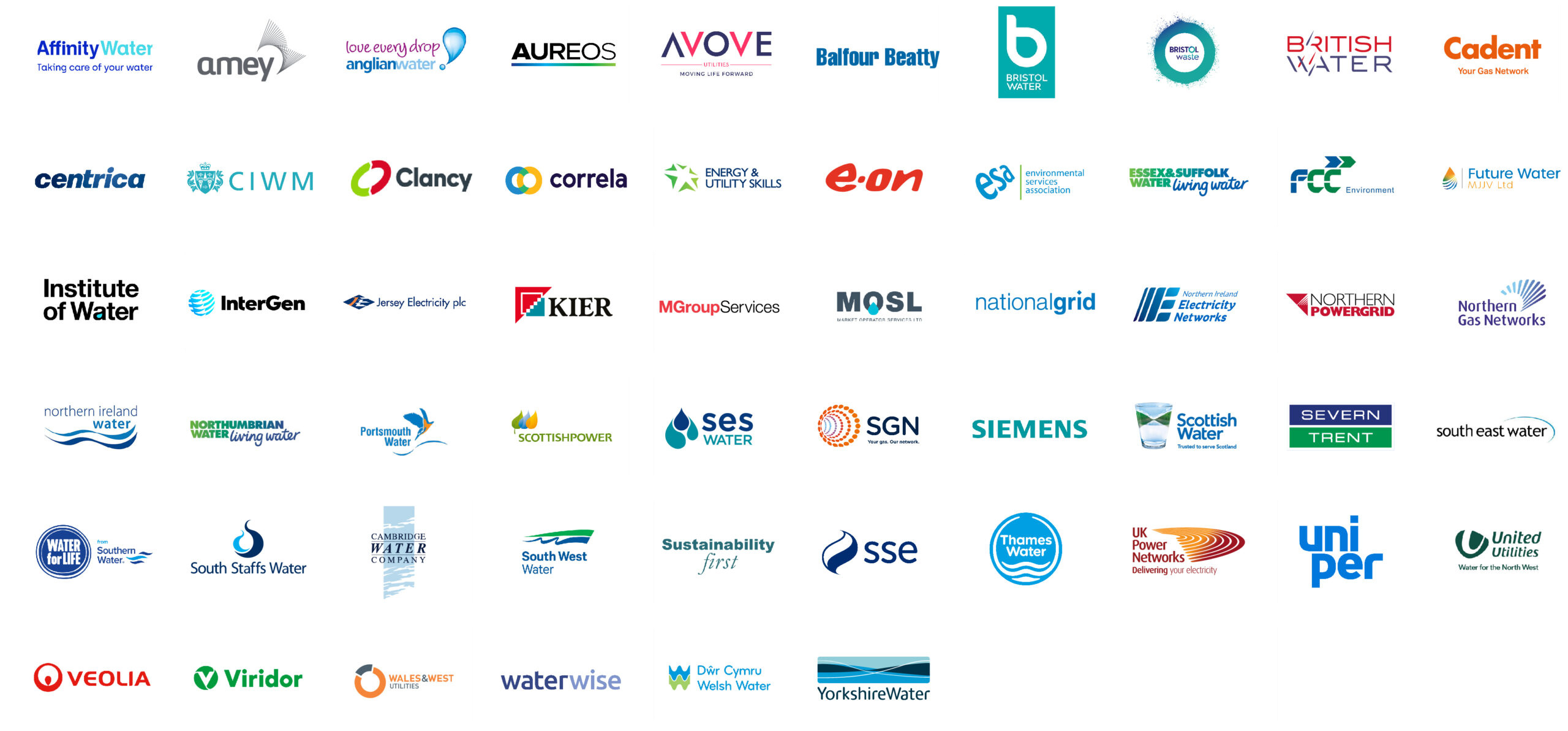Inclusion Measurement Framework
The Energy & Utility Skills Inclusion Measurement Framework aligns with the sector’s Inclusion Commitment principle to measure and be transparent about progress on diversity and inclusion as a sector and in individual organisations.
Inclusion Measurement Framework
Launched in 2020, the Inclusion Measurement Framework collates data on equality, diversity, and inclusion (EDI) across the energy and utilities sector as part of the sector’s Inclusion Commitment.
Measuring across the employment lifecycle from recruitment, through to progression and retention, the results have identified where change needs to happen for the sector to represent and reflect the communities the sector serves.
“The Inclusion Measurement Framework results provide valuable insights into EDI progress at this crucial time for the sector and serves as a key tool for organisations to evaluate their efforts, and take decisive action where needed, particularly at leadership level. By creating opportunities for underrepresented candidates and offering support for their professional growth, we can build a more inclusive, sustainable workforce that better reflects the communities we serve.”
Louise Parry, Director of People and Organisational Development, Energy & Utility Skills.
Changes Across the Sector
The 2024 results show women make up only 28% of the sector’s workforce, a slight decline from last year, while promotion rates remain relatively high at 32.7% across the entire workforce.
However, ethnic minority employees account for just 7.8% of those promoted, a significant decrease from 19.9% in 2023, and represent only 8.9% of the sector workforce, a decrease from 12.6% year on year, moving further away from the UK’s ethnic minority workforce representation of 14%. There is a significant skew away from ethnic minority candidates across the recruitment stages, most noticeable at management level.
People with declared disabilities make up only 3.3% of the sector’s workforce, compared to 18% in the broader UK workforce and LGBTQ+ representation has reduced from 2.6% in 2023 to 1.9% in 2024. Another concerning trend is the high rate of employees from underrepresented groups and younger people leaving the sector. Although 20% of the workforce is nearing retirement age, most leavers are between 26 and 35 years old. There is an urgent need to understand why employees are leaving and take steps to improve retention.
Participate in the 2025 Inclusion Measurement Framework:
This year we are looking to increase participation from across the sector, and once again we are asking you for your support and commitment to take part.
We have again appointed The Equal Group to carry out the survey. Participation is open to all organisations in the sector and is free of charge.
Don’t worry if you think you might not have all the data required – we are looking for as complete a picture as you are able to provide, and we have organised up to one hour’s support from The Equal Group to assist your teams with your submission.
The results will be published in early 2026.
We believe that initiatives like the IMF are essential for fostering a more inclusive and equitable workplace, and we are enthusiastic about continuing our participation in this important exercise.”
The insights we’ve gained have helped shape our Inclusion Strategy and continue to guide our efforts across the Group, strengthening our commitment to building a respectful, inclusive environment where everyone feels they belong. The IMF has been a highly beneficial activity for us, and we’d highly recommend other businesses take the opportunity to get involved.

The Sector’s Inclusion Commitment
The Inclusion Commitment was launched by the Energy & Utilities Skills Partnership in 2019. Since then 56 sector organisations have become signatories to five key inclusion principles as part of ensuring workforce resilience:
- Work collaboratively as a sector to drive change, challenging ourselves to do things differently, by sharing best practice and delivering sector priorities.
- Focus on inclusion in its entirety, however our sector history requires targeted sector action to start by increasing gender, Black, Asian and ethnic minority and disability workforce representation.
- Measure and be transparent about progress in our individual organisations and as a sector.
- Ensure we create the culture we need to attract the workforce of tomorrow.
- Be inclusive in the way we attract, recruit and develop our people.
EDI will remain a key priority in the 2025-30 Skills Strategy. In order to build the skilled workforce to deliver the sector’s infrastructure, energy security, environmental and growth ambitions, we need to better understand and address the barriers to attracting, retaining, and progressing diverse talent.
Contact Us
If you would like to talk to us about how we can help explore current and upcoming challenges, and work to find solutions, please contact us using any of the methods below:
"*" indicates required fields
